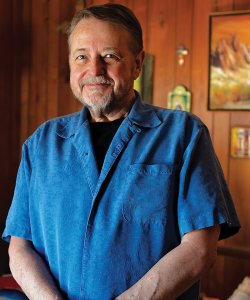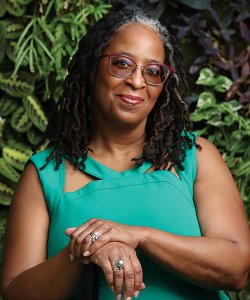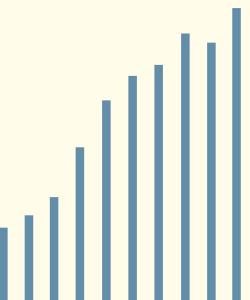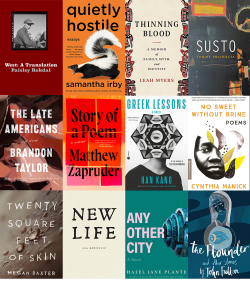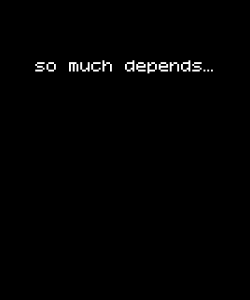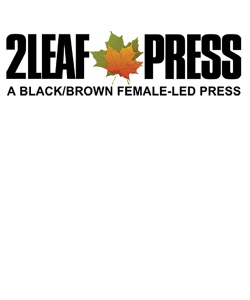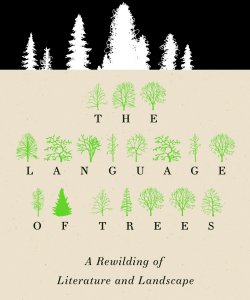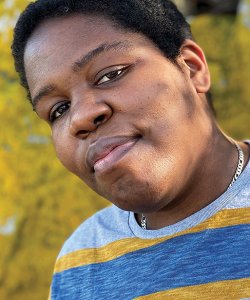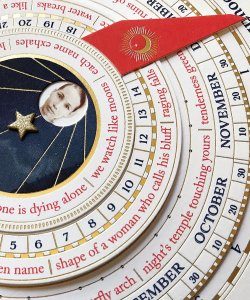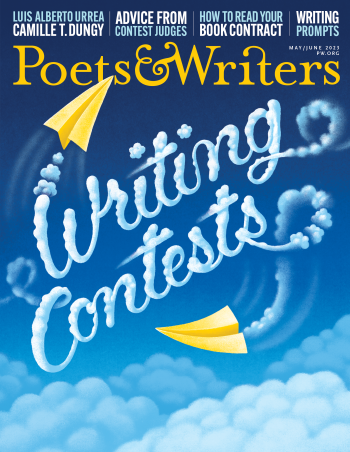
Our annual Writing Contests Issue features a guide to contests for emerging writers, advice from judges on standing out in a crowd, and best practices when applying to grants and fellowships; Luis Alberto Urrea gains a new understanding of his mother with his novel Good Night, Irene; Camille T. Dungy blooms as both writer and gardener in Soil; Brian Gresko chronicles Gina Chung’s journey to her debut novel, Sea Change; how to read the terms of your book contract; ChatGPT and the future of writing; writing prompts; contest deadlines; and more.







